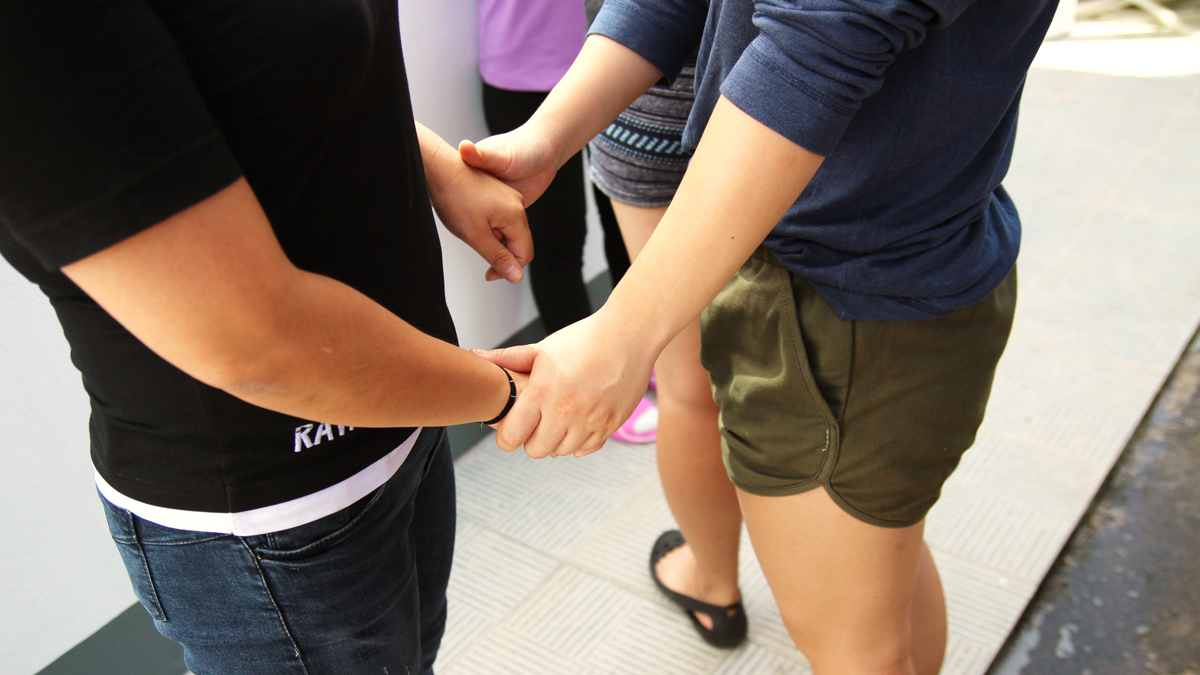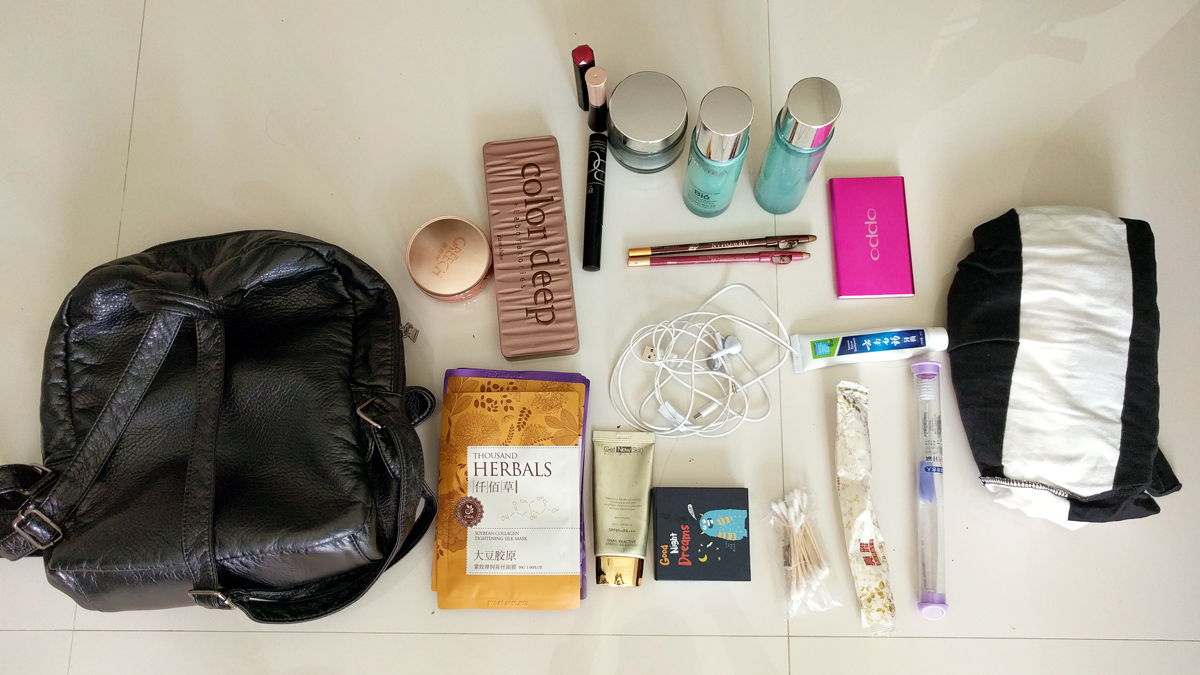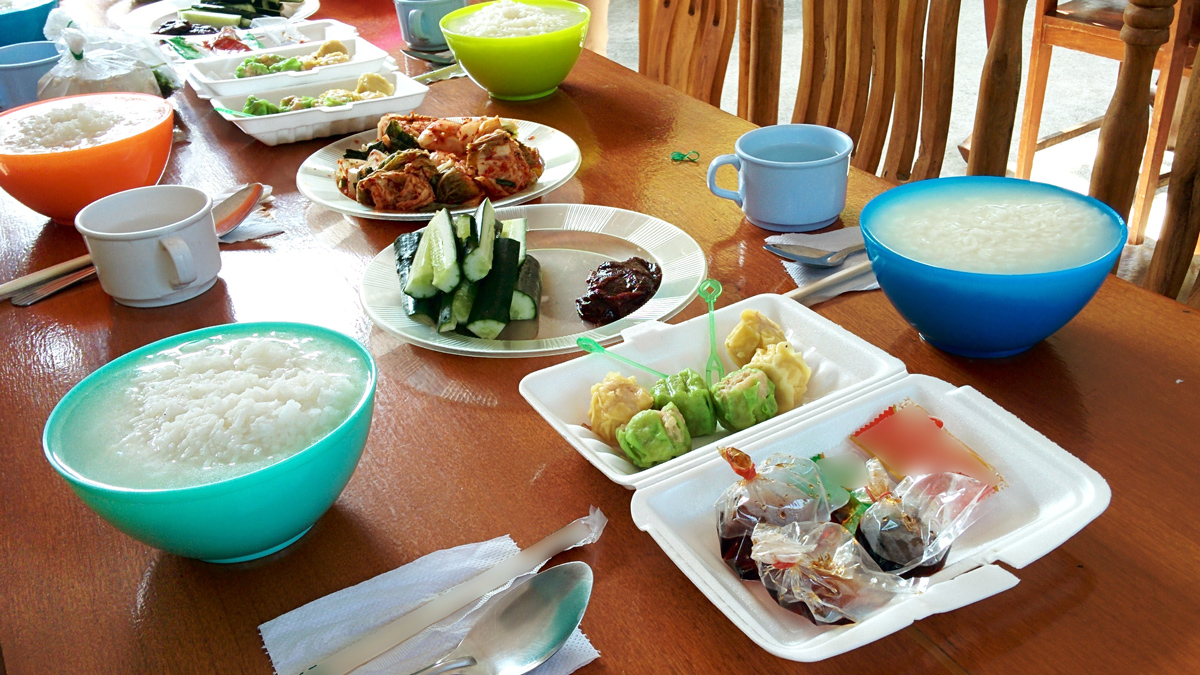How North Korean People are Changing North Korea
Sometimes this issue seems hopeless. But we believe that all North Koreans can achieve their freedom in our lifetime. Here’s why.

For decades, the North Korean people have been deprived of their basic human rights and potential. The regime has maintained control through a system of imposed isolation, relentless indoctrination, and brutal repression, creating one of the most closed societies in the world. The result is an all-encompassing enforced poverty, including material, physiological, social, informational, artistic, and spiritual deprivations.
In 2014, the United Nations Commission of Inquiry on Human Rights in North Korea concluded: “The gravity, scale and nature of these violations reveal a state that does not have any parallel in the contemporary world.”
In recent years, the pandemic has triggered another increase in isolation, hardship and repression.
Despite these tremendous challenges, the North Korean people have made significant progress toward their own freedom. In the 1990s, North Korea’s socialist economy collapsed, triggering a devastating famine and leaving the people to fend for themselves. Bottom-up market activity is changing North Korea and forcing the gradual opening up of North Korean society.
> The History of North Korea in under 3 minutes
Marketization and Emerging Entrepreneurs
Once the people realized they could no longer rely on the government, they abandoned their defunct work units and turned to private market activities. From selling home cooked meals to running extensive trade businesses, North Koreans have become incredibly creative and resourceful to survive. The markets central to these activities are known as the “Jangmadang,” and to this day, North Korean refugees regularly report that life would be impossible without them.
> The Jangmadang Generation

The famine forced people at all levels of society to find alternate ways to survive. Many government officials seized opportunities for camouflaged capitalism to enrich themselves personally. Even security officials accommodated the markets, accepting bribes to turn the other way and allow access to the Chinese border for trade. This corrupt state apparatus has further degraded the integrity and power of North Korean leaders.
Foreign Media & Info
The growing market economy has also created opportunities for foreign media and information to proliferate in North Korea.
First, the movement of people has significantly increased since the 1990s. Hundreds of thousands of North Koreans have now been outside the country for legal or illegal work and trade, in addition to refugees who were caught in China and forcibly repatriated. Observations from overseas are commonly shared through word of mouth and quickly spread through communities.
Additionally, new information technologies are increasingly available through the markets, making it easier to share and consume illegal foreign media. USB thumb-drives, SD and MicroSD cards, mobile phones, laptops and small portable media players are often loaded with foreign films, TV shows, and music that offer a glimpse of life outside.
> How Kpop is Challenging the Regime
Individual Agency & Independence
Since the collapse of the 1990s, the relationship between the North Korean people and the regime has been fundamentally changed. The people’s increasing economic autonomy has challenged the government’s centralized power and systems. Simultaneously, access to foreign media and awareness of life outside the country has eroded the legitimacy of the regime’s propaganda. The North Korean people have found opportunities to explore their potential, empowered to think and act independently of the regime.

North Korean Defectors
As North Koreans gain both physical and psychological independence from the regime, some will risk their lives to escape and experience freedom. Since crossing the heavily fortified demilitarized zone directly to South Korea is nearly impossible, many refugees go north into China while escaping North Korea.
North Korean defectors who successfully resettle become some of the most effective agents of change on this issue. Many maintain contact with their home communities through broker networks and smuggled Chinese phones. They send money back to their families along with first-hand accounts of the outside world, accelerating both market activity and the flow of information.

From the outside, North Korean refugees have the opportunity to share their stories on the international stage. Their personal accounts challenge the regime’s narrative of an unchanging and monolithic North Korea, instead highlighting the humanity and dynamism of the people. As they explore their potential in the free world, North Korean refugees increase the force of change through both internal and external influence.
> How A North Korean Defector Sends Money Back Home
Change from the Bottom-Up
While the situation in North Korea is changing, the government’s mastery in maintaining social control should not be underestimated. The regime’s response has ranged from crackdowns to tacit acceptance and reform. North Korean leader Kim Jong-un recognizes the trade-off between change and maintaining control, and has allowed limited marketization while cracking down on information flows.

Ultimately, however, the sources of change can only be managed, not eliminated. As the North Korean people learn more about their relative poverty and the reasons for it, pressure will build on the government for economic reform. The less the North Korean people fear the outside world, the less effective the government’s threat narrative will be, and the less justified their massive investment into nuclear weapons will seem.
The regime will either need to adapt to change and allow opening of the country, or ultimately face the consequences of increasingly dissatisfied people.
It is important to note that progress in North Korea is a fluctuating process, as it is anywhere else in the world. During the pandemic, there has been increased isolation, retrenchment, and a limited outflow of people. The situation at hand is dire, but we can still be optimistic about long-term outcomes and an overall upward trend towards progress.
Liberty in North Korea
Our staff from North Korea, South Korea, and around the world, with our diverse movement of supporters and volunteers, is committed to bringing freedom forward for all North Korean people.

We’re engaged at multiple touchpoints of change:
- Helping North Korean refugees reach safety
- Identifying and empowering North Korean agents of change
- Mobilizing international support for the North Korean people
- Working with North Korean defectors to develop content and technologies that increase the people’s access to information
Our theory of change recognizes that change in North Korea has already started, and it is being driven by the people. One day, all North Koreans will gain their freedom and take full authorship over their lives. When that day arrives, we will know that we were a part of helping North Koreans in this incredible story of resilience and human progress against all odds.
Women’s History Month: Honoring the Bravery of North Korean Women
By: Jennifer Kim
Jennifer* is Liberty in North Korea’s Field Manager. Over the years, she’s carefully stewarded our secret rescue routes and helped countless North Korean refugees reach safety and freedom.
Approximately 70% of North Korean defectors are women. Throughout their journey, they face unimaginable challenges, including human trafficking, confinement, and sexual violence.
For Women’s History Month this year, we asked Jennifer to share her experiences supporting North Korean women who have made the brave decision to escape, and bring light to the stories of real people behind the numbers and statistics.

A Transformative First Mission
When I first began this line of work, I was filled with both excitement and anxiety. “Will I be able to connect well with these people?” “Will the field be too dangerous?” Even in my position as a staff member, there were times when the situations we encountered felt riskier because I was a woman.
On my first mission, the group we brought to safety were all women. From their small requests, like asking for sanitary pads, to moments where they cautiously shared their harrowing experiences of human trafficking in China, I found that we could connect on a deeper level because I was also a woman. I realized my role wasn’t just to be a staff member, but to stand by these people as they needed me, as a fellow woman. From then on, the fear I had initially felt about this work transformed into conviction.
North Korean Women At the Forefront of Resistance and Survival
After meeting many North Korean women defectors, I’ve come to learn that there are unique challenges and experiences that only they face. Women in North Korea are not as restricted to job assignments as men, so they’re the ones actively engaged in informal economic activities. They’re running their own black-market businesses and trading smuggled goods, shifting economic power from the regime into the hands of the ordinary people.
Women also make up the majority of North Korean defectors at over 70%. In freedom, they’re leading advocacy efforts and raising awareness for this issue.
I've come to think that perhaps women in North Korean society were the first and most desperate to stand up in resistance.

At the same time, the reality is that women are more vulnerable to gender violence and crime. The moment they cross the North Korean border and set foot on Chinese soil, their precarious legal status and the fact that they are women become risk factors that can lead to human trafficking, sexual exploitation, and forced prostitution. If these dangerous situations lead to pregnancy and childbirth, women often remain in China for years, even decades, weighed down by the conflicting emotions of their longing for freedom and their maternal instincts.
All of the women I met during my first rescue mission were survivors of being trafficked into forced marriages. While there are some cases where these women meet kind families and live in a relatively less dangerous environment, most have to endure difficult lives. One woman who we rescued in 2024 said that in the early stages of her life in China, she was confined and tied up in a single room by the man who bought her. Others had to do forced labor in one of China’s many factories.
Not a News Story, But a Person’s Story
About ten years ago, I watched a video of a woman my age testifying about the hardships and sexual violence she experienced during her defection from North Korea. As a South Korean, I couldn't believe that such things were happening just across the border. Shocked and ashamed of my indifference, I cried for a long time, then resolved to do something.
North Korea used to be something I only saw and heard about through a TV screen. Now those distant news stories have become the personal experiences of the North Korean mothers and friends I’ve met in the field.
At first, I simply wanted to help as best I could. But as time went on and I met more North Koreans, my perspective gradually changed. Now, I feel like I'm not so much ‘helping’ as I am meeting incredible superwomen who have overcome tremendous adversity.
My role is to constantly remind them of their resilience and potential, so they don't forget it themselves.

“This is My First Time Being Treated Like a Queen”
After a successful mission, our team ensures our newly arrived North Korean friends have a proper meal, get some rest, and receive basic necessities. On one occasion, one woman told me, “This is the first time in my life that I have been treated like a queen.”
She had just reached freedom after ten years in a forced marriage to a Chinese man. Her words resonated with me deeply. I realized once again that our work isn't simply about helping people achieve physical freedom; it's about restoring a person's forgotten dignity.
That woman has since resettled in South Korea and runs a small shop. She’s continued to stay in contact with LiNK, sharing updates about her life. One day, she shyly announced her marriage. She’s starting a new chapter with a person she chose and wanted.

Walking Together In Solidarity
Through the friendships I’ve made and stories I’ve witnessed in the field, my connection to this issue has deepened over time. These women aren’t just “nameless” North Koreans, but people like us, living their daily lives; someone’s daughter, sister, or mother. I didn’t set out to do this work for over a decade. But day by day, hearing each story, meeting each person, and holding their hands has naturally led me down this path.
Listen to their stories, and I believe that you too will encounter a heart for the North Korean people.
– Jennifer Kim, LiNK Field Manager
*Jennifer is a pseudonym used to protect our field manager’s identity and avoid compromising this work.

Help North Koreans Win Their Freedom
From inside the country to on the global stage, North Korean women are driving change on this issue. Driven by necessity, desire to care for their loved ones, and aspirations to forge their own path in this world, their pursuit of freedom is both intentional and instinctive.
Liberty in North Korea doesn't just extend a helping hand to North Korean refugees—we’re cultivating the next generation of North Korean leaders, entrepreneurs, and advocates, and doing this work alongside them.
Become a monthly donor today at $20 per month to help more North Koreans reach safety and gain full authorship of their lives in freedom.




